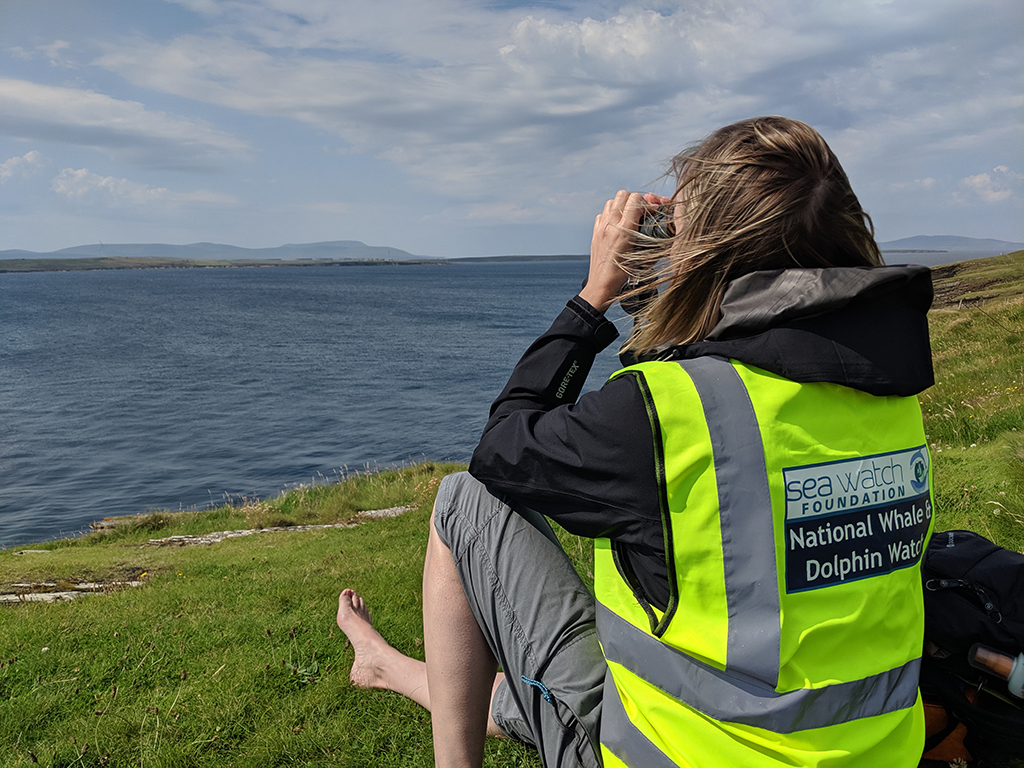
Scotland leads the way in whale and dolphin watch
There’s just three days to go in the Sea Watch Foundation’s National Whale and Dolphin Watch.
Running until 4 August, scientists at the Foundation lead a campaign to help members of the general public contribute to scientific endeavours to protect whales, dolphins and porpoises.
For over forty years, Sea Watch Foundation scientists as well as volunteer observers all around the coast of the British Isles from Shetland to the Isles of Scilly have been reporting sightings of whales, dolphins and porpoises (cetaceans) to inform Sea Watch’s huge database of records. The scheme is one of the oldest and longest running citizen science projects in the world.
Cetaceans can be found all around the coast of the UK and, already, there have been a record number of species spotted. At the time of writing, more than six hundred sightings of cetaceans (400 more than last year at this time) totalling 3,758 individual animals have been reported from Shetland down to South Devon and from the west coast of Wales to the Outer Hebrides.
Scotland has recorded the highest number of sightings, closely followed by England then Wales.
Eight different species of cetacean (harbour porpoise, common dolphin, bottlenose dolphin, white-beaked dolphin, Risso’s dolphin, Atlantic white-sided dolphin, orca and minke whale) have been recorded from 108 land locations and by 23 recommended boat operators until now and with three more days still to go this number will certainly increase, hoping to break all previous records.

Volunteer observers conducting a land-watch at Hoxa Head, Orkney (Photo: Jenni Kakkonen)
Observers have been reporting on minke whales around Scotland and the Scottish Isles.
Records of Risso’s dolphins have been reported from the Isle of Man, around the Outer Hebrides, and in Orkney and Shetland. Large pods of Atlantic white-sided dolphins have also been sighted at multiple locations around Shetland.
Orcas have been recorded around Shetland and Orkney since early spring and have already been included in the National Whale and Dolphin Watch tally.
It’s not too late to join the national effort to monitor whales and dolphins and scientists are urging people to head to the coast and take part. “No experience is necessary, you just need to download a watch form from our website, record the environmental conditions every fifteen minutes and watch for at least an hour” says Dr Chiara Giulia Bertulli, Sightings Officer at Sea Watch Foundation and lead organizer of this year’s event.
“Not all watches will result in a sighting, but that piece of information is still very valuable to us” adds Chiara.
In addition, people are requested to report their casual sightings on the charity’s website.
Find out more about the event: www.seawatchfoundation.org.uk/nwdw
TAGS

